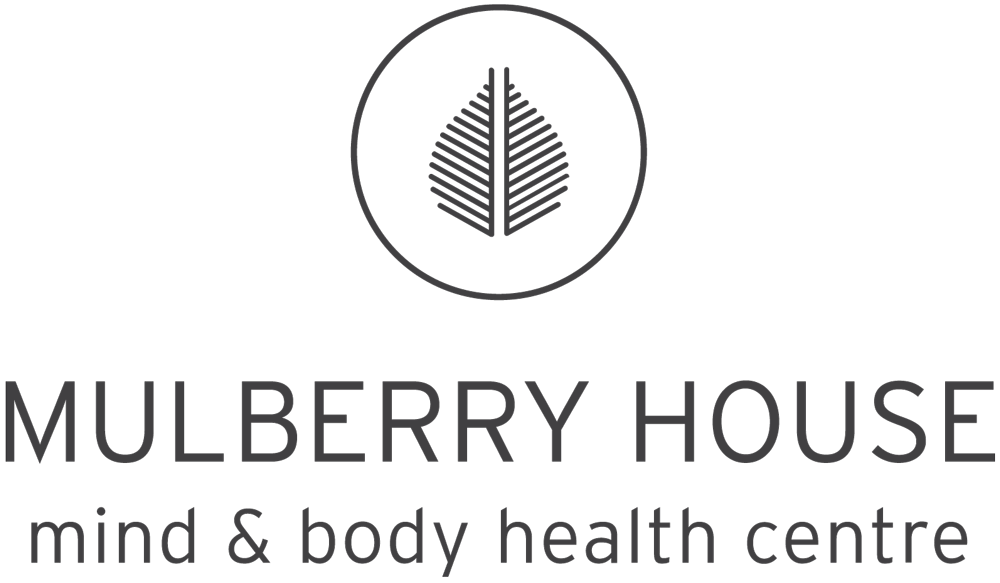Sport and Exercise Psychology
To achieve sustainable motivation, performance, goals, enjoyment and satisfaction in your sport or exercise you need to develop and nurture the mental side of activity. What is meant by mental fitness? This involves understanding, developing and practising the psychological foundations and skills necessary to underpin your sport, exercise and activity. This could include developing psychological awareness, focus, attention and mindfulness, relaxation and visualisation skills, breathing & preparation routines, emotional regulation, self-talk and most importantly listening to your body. The psychology of sport and exercise is a great opportunity to develop a positive holistic approach to your general lifestyle, health and well-being.
Dr Ann Fitzgerald is a counselling psychologist specialising in the psychology of sport and exercise with almost 20 years NHS and private practice clinical experience. Traditional sport psychology has tended to have a narrow focus on performance enhancement using mental skills training which may not meet the complex psychological needs of athletes. Combining her broad clinical training and experience with contemporary sport psychology theories and best practice Ann takes a holistic biopsychosocial approach to assess the psychological foundations of the athlete, team, club or sporting organisation and develop a working psychological formulation to inform a flexible intervention plan offering continuous review and revision.
As a psychologist specialising in sport and exercise in Edinburgh, Ann works with all levels of sport and sporting activities including individual and team sports. You may participate in your sport or exercise at a recreational, competitive, amateur or elite level. She works with older adolescents 16+ years, young and older adults taking a flexible approach to focus on the needs and goals of the individual within a specific sport and exercise context.
Ann has trained in CBT, MBT, person-centred and psychodynamic approaches to psychological therapy and interventions. She is experienced in delivering psycho-education workshops to groups which can help to build a cohesive team and enhance teamwork which are essential in many sports.
Ann offers a free telephone consultation 15-20 mins before arranging the first appointment. She is registered with all the major health insurance companies including Bupa, Aviva, WPA, Axa & Vitality. Authorisation by your insurance company needs to be arranged in advance of appointment.
-
Ann will explore the reason you are seeking psychological help and the background to the problem which could include struggles with motivation or self-esteem, performance issues, dealing with stress and anxiety, injury, body image, relationship issues, transitions (e.g. retirement, change of competition level) and lifestyle/behavioural change. Ann offers a free telephone consultation 15-20 mins before arranging the first appointment.
The initial consultation process will usually require you to attend two to three appointments of 45-minute duration. A detailed history will be taken and may include completing relevant sport and exercise psychological measures. Although this is a talking intervention the psychologist may suggest also working with you in your training and sport environment. Maintaining appropriate confidentiality and consent this approach could involve your coach, PT, physio or others involved in your support system.
-
You are encouraged to think and reflect on the reason you are seeking help including considering your understanding of the problem and problem history. Although the Ann will guide you through the initial consultation process, doing your own mental preparation helps to ensure you make the most of the consultation. Giving yourself plenty of time before and after the consultation is recommended, including taking a break from technology to sit with your own thoughts and feelings. It is important to know that psychological work takes time and requires commitment to integrate the understanding and skills into your daily sport and exercise experience.
-
The frequency of treatment will vary depending on the nature of the problem. Work could involve a mix of meeting at the therapy rooms and at a sport or exercise setting. An intervention plan will be based on the psychological formulation and needs assessment undertaken in the initial consultations. This is a collaborative transparent process to ensure that you are in agreement with the proposed intervention and approach.


